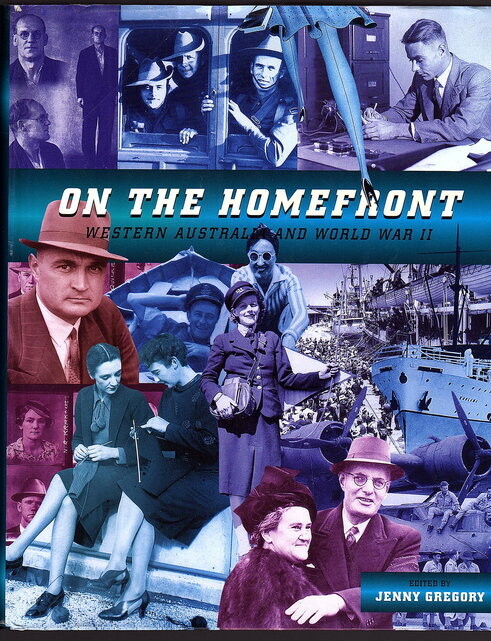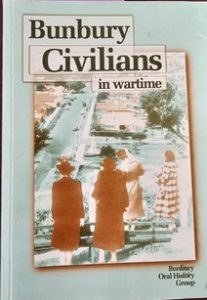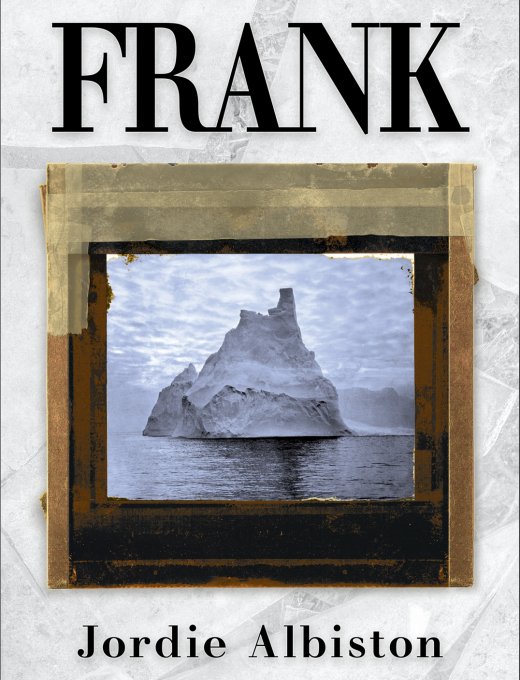I’m a little late with sharing my reading list for June – but, as they say, better late than never. Here’s what I read last month.
Books for Children
-
Poetry Comics, by Grant Snider (Chronicle Books, 2024). I fell in love with this book in the conference bookstore at the AFCC last month and, in spite of my luggage already overflowing, knew I had to own it. A blend of image and work to make perfect little poems for children – and adults – to adore.
Tree, by Claire Saxby and Jess Racklyeft (Allen & Unwin, 2024). Oh wow! Full disclosure: Claire is a lovely friend of mine, but I don’t think that could have made me any more in love with this book. The ecosystem of a single tree, in poetic text and with sumptuous illustrations make this an absolute work of art.
Seed to Sky: Life in the Daintree (Nature Storybooks), by Pamela Freeman & Liz Anelli (Walker Books, 2024). A perfect complement to Tree, this one traces the journey of a different tree (a Bull Kauri pine) from seed, to sapling, to towering tree. Just lovely.
 Let’s Chase Stars Together: Poems to Lose Yourself In, by Matt Goodfellow (Bloomsbury, 2022). I picked up this collection in a bookshop in London and am very glad I did. The poetry is aimed at middle grade graders, and covers tough topics, like family breakdown, domestic violence and loneliness, as well as happier ones that made me smile. It’s excellent.
Let’s Chase Stars Together: Poems to Lose Yourself In, by Matt Goodfellow (Bloomsbury, 2022). I picked up this collection in a bookshop in London and am very glad I did. The poetry is aimed at middle grade graders, and covers tough topics, like family breakdown, domestic violence and loneliness, as well as happier ones that made me smile. It’s excellent. The Flying spring Onion, by Matthew Sweeney (Faber & Faber, 1992). I didn’t know Sweeney’s work, but an activity on a writing retreat last month used one of his poems, Fishbones Dreaming, led me to want to read more and I managed to find a copy of this book. A mix of nonsense, whimsy and curiosity.
The Flying spring Onion, by Matthew Sweeney (Faber & Faber, 1992). I didn’t know Sweeney’s work, but an activity on a writing retreat last month used one of his poems, Fishbones Dreaming, led me to want to read more and I managed to find a copy of this book. A mix of nonsense, whimsy and curiosity.A Leaf Called Greaf, by Kelly Canby (Fremantle Press, 2024). This beautiful picture book made me cry – it is such a perfect depiction of grief, in its many forms, accessible for young children but also sure to touch adult hearts, as it did mine.
Antarctica, by Moira Court (Fremantle Press, 2019). Another beautiful picture book with collage art bringing to life the diverse animal inhabitants of Antarctica.
The Kindness Project, by Deborah Abela, Puffin Books, 2024). I’ve been anticipating this one for a while, knowing that Deborah Abela was working on a verse novel and being equally sure that it would be wonderful. It is!
 Watercress, by Andrea Wang, illustrated by Jason Chon (Neal Porter Books, 2021). I was lucky enough to meet Andrea Wang and hear her speak at last month’s AFCC in Singapore, and knew I needed to own this stunning picture book about belonging, and memories, and families.
Watercress, by Andrea Wang, illustrated by Jason Chon (Neal Porter Books, 2021). I was lucky enough to meet Andrea Wang and hear her speak at last month’s AFCC in Singapore, and knew I needed to own this stunning picture book about belonging, and memories, and families.
Books for Young Adults
 Where the Heart Should Be, by Sarah Crossan (Bloomsbury, 2024). Oh. This is brilliant. I knew it would be – Sarah Crossan is one of my favourite verse novelists. This time she is sharing a story of love, family, and hardship set in the midst of the potato famine in Ireland. I picked this copy up in England, but am pleased to see it’s available in Australia.
Where the Heart Should Be, by Sarah Crossan (Bloomsbury, 2024). Oh. This is brilliant. I knew it would be – Sarah Crossan is one of my favourite verse novelists. This time she is sharing a story of love, family, and hardship set in the midst of the potato famine in Ireland. I picked this copy up in England, but am pleased to see it’s available in Australia.
Books for Adults
Alphabetical: How Every Letter Tells a Story, by Michael Rosen (John Murray, 2013). Purchased at the Southbank second hand book market in London, because I can’t ever walk away from a Michael Rosen book. The history of the alphabet told with Rosen’s intelligence and humour. So many interesting tidbits and side quests.
How to Avoid a Happy Life, by Julia Lawrinson (Fremantle Press, 2024). I have been eagerly awaiting the release of this one – I know Julia personally, and admire her for many reasons. Her honest, open voice, and ability to share some really torrid and almost stranger-than-fiction life events makes a really powerful read.
A Radical Guide for Women with ADHD: Embrace Neurodiversity, Live Boldly, and Break Through Barriers, by Sari Solden & Michelle Frank (New Harbinger). Lots of useful tips for living with ADHD. I probably would have found it more useful if I had read it in hardcopy, because it had lots of exercises, which I couldn’t do while listening on the road.
That brings my total for the year to 70 books. Here’s to loads more reads in the second half of the year.

 Curly, by Rachelyn Gordon, illustrated by Cecilia Hidayat (2023). I bought this book at the AFCC after listening to the amazing author speak on a panel. Curly’s pixie cut makes her feel strong and confident – until she starts school and other children tease her about having short her. An important message, but also just a lovely story.
Curly, by Rachelyn Gordon, illustrated by Cecilia Hidayat (2023). I bought this book at the AFCC after listening to the amazing author speak on a panel. Curly’s pixie cut makes her feel strong and confident – until she starts school and other children tease her about having short her. An important message, but also just a lovely story.



 (Raihanaty, 2022). I picked up this little volume in the bookstore at the Perth Writer’s Festival last week. I didn’t get to hear the author speak, as I could only attend a few sessions, but I really enjoyed this which is a series of short stories which also works as novelette, following the love life of a Muslim woman named Zakia. I really enjoyed both the story and the opportunity to challenge my Western perspectives on Muslim relationships, something the blurb encourages readers to do.
(Raihanaty, 2022). I picked up this little volume in the bookstore at the Perth Writer’s Festival last week. I didn’t get to hear the author speak, as I could only attend a few sessions, but I really enjoyed this which is a series of short stories which also works as novelette, following the love life of a Muslim woman named Zakia. I really enjoyed both the story and the opportunity to challenge my Western perspectives on Muslim relationships, something the blurb encourages readers to do.


